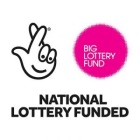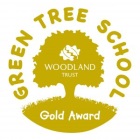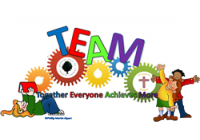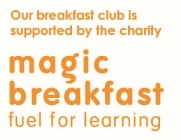Our Pupils’ perspective
As Scientists, we find out answers to things we don’t know by carrying out experiments. It is ok to get things wrong when we are testing.
Subject Leader
Miss Munshi is our Science Lead and has a passion for everything scientific! She often pops into science classes around school to engage in the children's learning, enjoying the buzz of a classroom when science experiments are happening. She also has a tendency to dress up on World Book Day with science as the theme - a skeleton with facts about the human body, or Albert Einstein with a book of curious science facts! Outside of school, Mrs Webster is interested in all things linked with nature and enjoys long walks in the countryside or by the coast. She also has a large telescope for observing the moon and stars!
Subject Intent
As scientists within our school, we aim to open young minds by delivering stimulating lessons that ignite the children’s curiosity about our ever-changing world. We foster a culture where excellence is encouraged by promoting hands-on experiments and investigations. Recognising the unique talents of each child, we actively encourage the children to make connections with their prior knowledge and experiences, nurturing their individual strengths. Collaboration and mutual respect are the foundations of our approach, as we strive to develop healthy relationships and embody the principles of our school's scripture through our ‘actions and true caring’.
The Science curriculum -
-
follows the National Curriculum as its foundation;
-
follows a sequence that builds on knowledge and skills throughout and across the key stages;
-
is designed to be inclusive for all pupils, including boys and girls, those with SEND, socially disadvantaged backgrounds, different cultures and religions;
-
ensures knowledge is retained through the high quality teaching of a broad vocabulary, and through making meaningful links with other topics;
-
will develop the children’s knowledge and understanding through the the three strands of biology, chemistry and physics;
-
will develop an understanding of the nature, processes and methods of science through different types of science enquiries that help them to answer scientific questions about the world around them;
-
will ensure children are equipped with the scientific knowledge required to understand the uses and implications of science, today and in the future;
-
prepares pupils for their future learning by ensuring all necessary knowledge and skills are taught in preparation for the following learning phase, and by developing the key cognitive skills of independence, creativity, problem solving, analysis and evaluation;
-
is personalised to delve deeper into subjects the children are particularly interested in and to promote a love of science through high quality practical activities and enrichment;
-
creates an air of excitement and a love for learning.
Useful Website Links
https://www.bbc.co.uk/bitesize/subjects/z6svr82
https://www.bbc.co.uk/bitesize/subjects/z2pfb9q
https://pbskids.org/games/science/






.png)
.png)

.jpg)